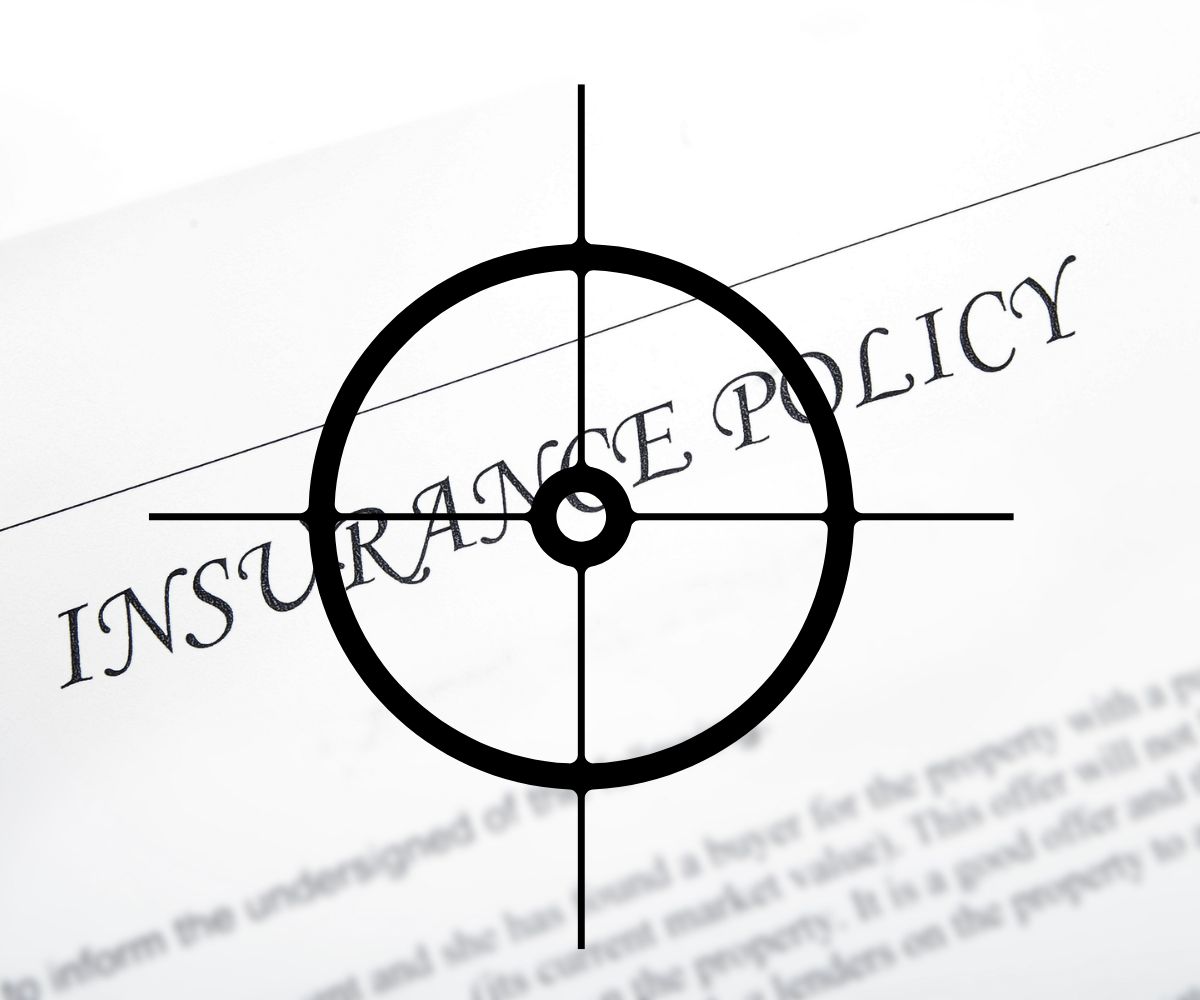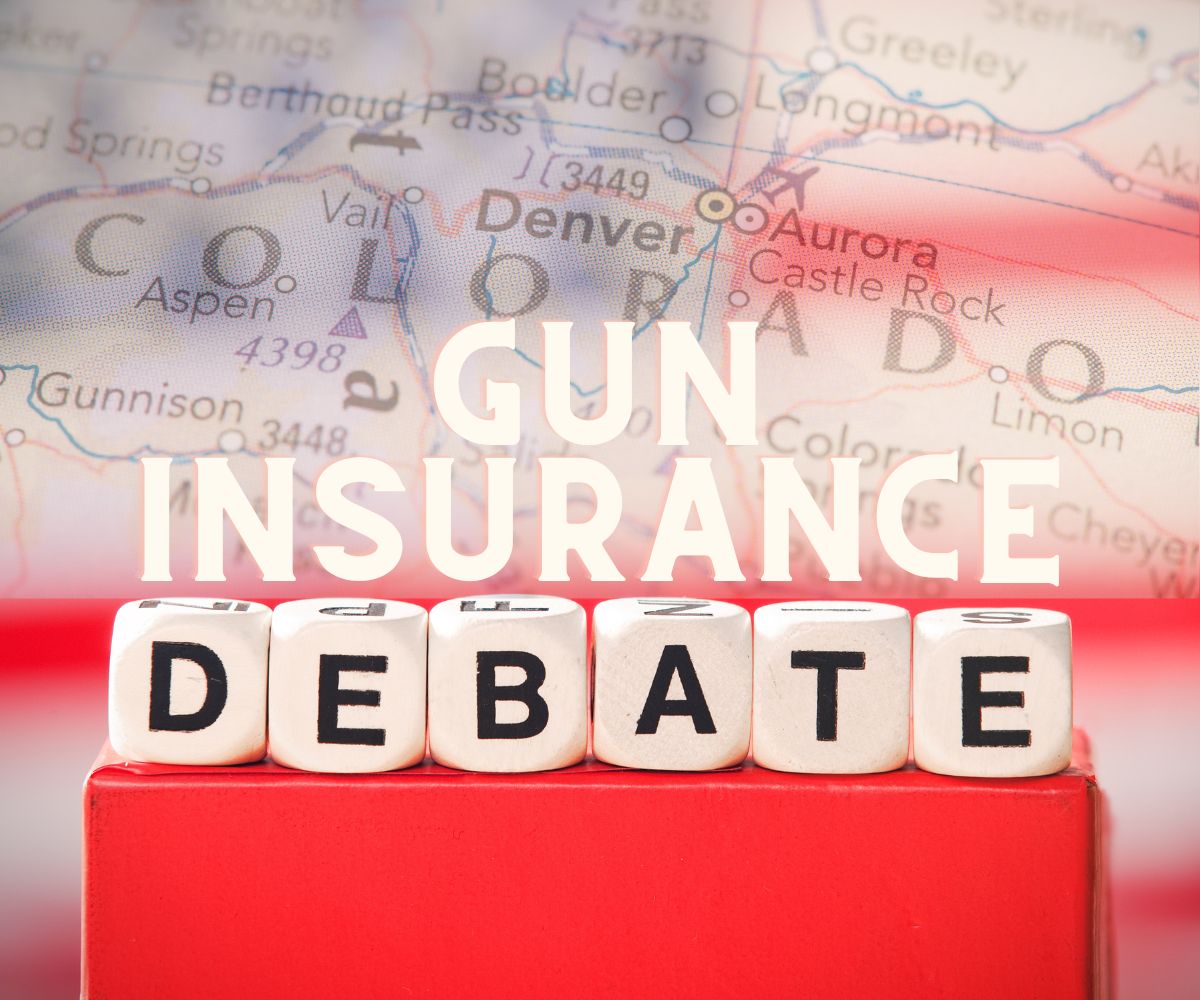Article Update: On April 20, the Colorado House passed a bill requiring all gun owners to have liability insurance for accidental firearm discharges, starting January 1, 2025. Representatives Steven Woodrow and Iman Jodeh, HB24-1270 aims to promote responsible gun ownership and was narrowly approved with support from key Democrats. The legislation allows for coverage through existing insurance policies and includes provisions for those unable to afford it. Woodrow emphasized the bill’s role in covering the costs of gun violence and ensuring safer communities, while Jodeh likened the insurance requirement to other mandatory insurances, as part of efforts to curb gun violence and crime in Colorado.
In a move sparking extensive debate, Colorado’s state legislature is advancing House Bill 24-1270, which mandates liability insurance for firearm owners. Cleared by the Business Affairs and Labor Committee with a vote of 6-5 — as Denver7 reported — the bill propels Colorado into a heated national conversation on gun rights and responsibilities.
Key Elements of the Proposed Gun Insurance Legislation
The bill stipulates that gun owners must secure insurance coverage for losses or damages incurred due to accidental firearm discharge on their property. Specifically, the policy must cover injuries to people other than the policyholder.
 Democratic state Rep. Iman Jodeh, standing behind the bill, emphasizes the motivation to promote responsible gun ownership without hindering gun rights. Coverage, often included in standard homeowners and renters insurance policies, represents a feasible financial commitment, Jodeh suggests, with independent firearm liability policies possibly amounting to around $50 annually.
Democratic state Rep. Iman Jodeh, standing behind the bill, emphasizes the motivation to promote responsible gun ownership without hindering gun rights. Coverage, often included in standard homeowners and renters insurance policies, represents a feasible financial commitment, Jodeh suggests, with independent firearm liability policies possibly amounting to around $50 annually.
The Insurance Clause and Public Safety
According to the proposed bill, victims of unintentional shootings could seek compensation from the gun owner’s insurance. In scenarios involving weapon theft, policyholders would be exempt from claims if the theft had been reported prior to the incident.
Backlash from Critics
Opponents of the bill argue its effectiveness, pointing to the rarity of accidental shootings among law-abiding citizens and foreseeing widespread noncompliance. Republican Rep. Ryan Armogast expresses concern that such measures contribute to an overarching strategy to discourage legal firearm possession.
In contrast, figures from the National Safety Council illustrate a much lower probability of death from accidental firearm discharges compared to intentional gun assaults, challenging narratives revolving around the need for such expansive insurance requirements.
Legal Challenges Ahead
Proponents might face an uphill legal battle if the bill passes, drawing parallels to a thwarted New Jersey gun control law that aimed to implement similar insurance mandates but was halted by a federal judge in 2021.
Existing Insurance Policies and Potential Overlaps
Many citizens might be unaware that their current homeowners or renters insurance policies often already encompass coverage that the proposed bill seeks to mandate. These standard policies generally include liability insurance, which could cover incidents involving firearms under certain conditions. Proponents of the bill argue for a stipulated minimum liability limit for gun owners, commonly suggested at $300,000, to help with compensation in case of accidental shootings.
However, for individuals with higher risk profiles or more significant assets, insurance professionals frequently recommend higher limits. This approach could balance the need for public safety with the rights of gun owners, ensuring that victims of unintended firearm discharges have a viable avenue for recourse.
Looking Forward
The bill now heads to the broader Colorado House for further deliberations. This landscape, layered with conflicting viewpoints about risk, second amendment rights, and public health, remains dynamic and polarized. The state’s path forward could set a precedent for the nation as tensions continue to mount over gun control legislation and the concept of insuring a universally-debated aspect of American society.

